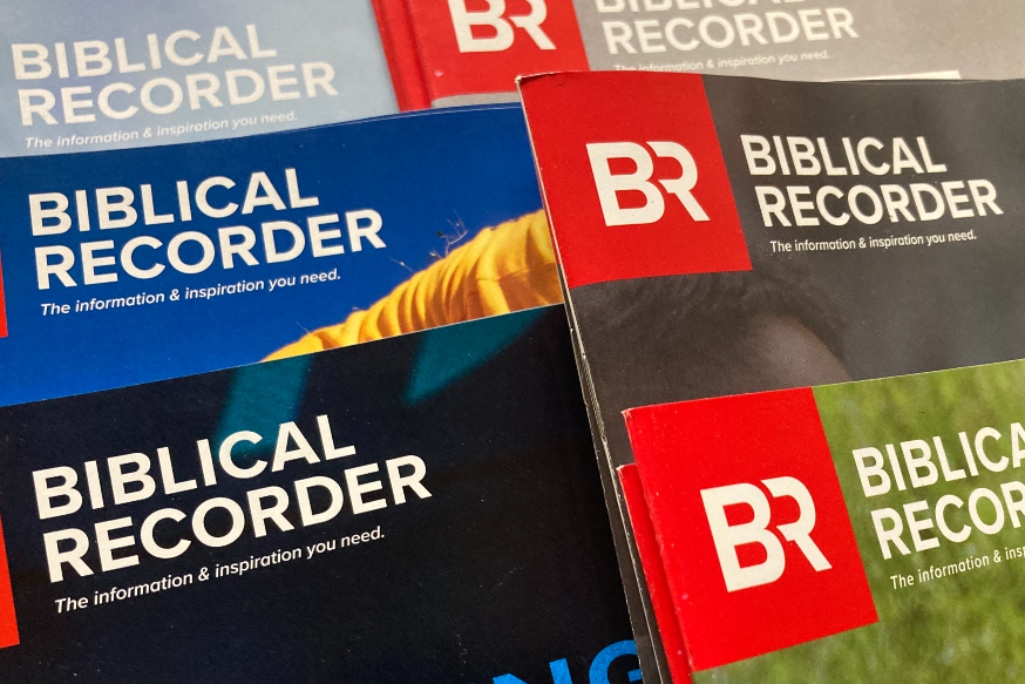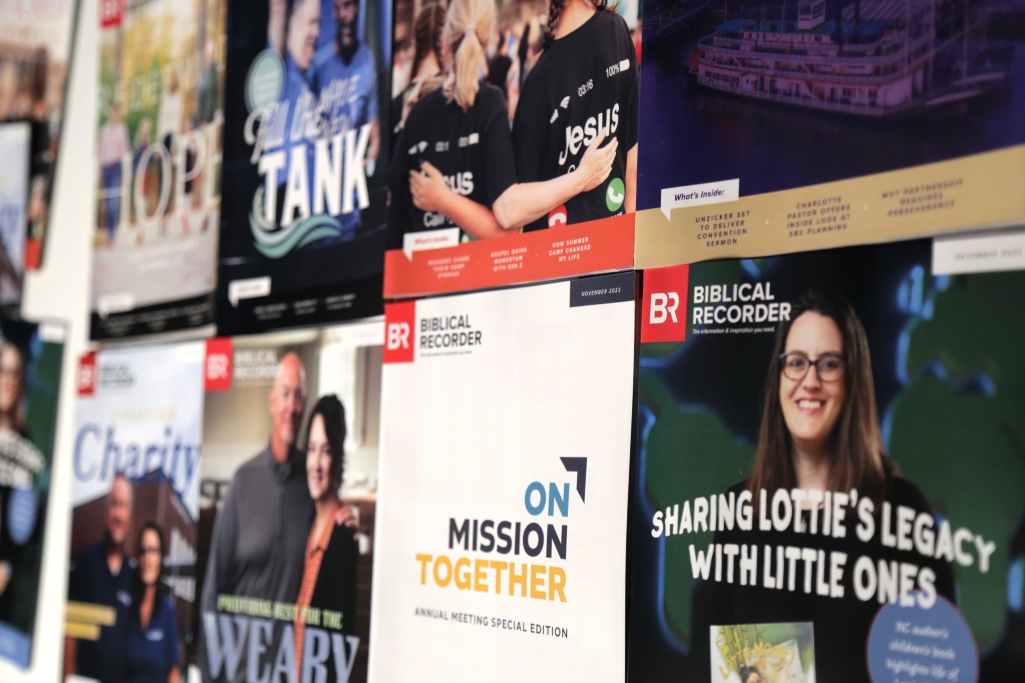Near the end of 2014 you and I were pummeled with phone calls, emails and letters that asked us to give to a specific cause or organization. Although the intensity increases the last two months of every year, the pleas for financial help extend all year long. You can count on it.
Did you respond to that appeal with a check or credit card donation? Do you have any idea where your money went? How much of your gift actually reached the charity?
Professional fundraisers know that certain words are hot buttons to the ears of donors. The mention of “cancer” raises a lot of money – even more if the words “children” or “women” are connected. The cause of “wounded soldiers” brings in the money.
Images of starving people and abused animals prompt a strong response from good-hearted Americans. They are all worthy causes, but have you ever wondered what percentage of your dollars actually reaches the intended organization?
If the cause is worthy of public support, the dollars should reach the desired goal. There should be accountability to the donor, so every contributor can feel confident that each gift has been used according to his or her wishes.
I want to call attention to a 700 page report, funded by your N.C. tax dollars, that brings a measure of accountability to public fundraisers. It might influence where and how you give.
Elaine F. Marshall, North Carolina’s Secretary of State, published “Charitable Solicitation Licensing Division Annual Report, July 1, 2013 through June 30, 2014.” Most residents of our state will never read the lengthy report. But every donor should know what it says, even if you consider your contributions to be small.
The report identifies every registered professional solicitor and the organization(s) they represent. It does not specify whether the donations came through mail solicitations or telephone appeals.

|
The opening paragraph ought to catch your attention. Marshall introduces the report with the following summary. Text in bold is my emphasis, not that of the report:
“The Annual Report includes financial information related only to those charities using a professional fundraiser and otherwise required by law to register with the Department of the Secretary of State. This year, I am disheartened to report a continuing trend of fewer dollars overall being donated to charity and less money from each dollar raised via a professional fundraiser going to the actual charity.
“This year, North Carolinians responded to solicitations from professional fundraisers in the amount of $21,437,796. Of those donated dollars, only $9,001,684 went directly to the charity for which the campaign was being conducted, resulting in an average 41.99% return to the charity for each dollar donated. In contrast, national solicitation campaigns that included North Carolina citizens that were reported to our office reflected $297,229,969 in gross dollars donated, with only $110,867,052, or 37.30% of each donated dollar going to the charitable organization. Giving is down drastically this year both nationally and in North Carolina.”
The chart on this page provides sample illustrations directly from Marshall’s report.
The sample illustrations are from a variety of organizations and show the donor receiving from zero to 96 percent of funds raised. I hope it motivates you to view the full report online.
Generosity is a good thing. The Bible gives strong teaching on wise stewardship and intentional generosity.
How do you determine the value of the organizations and ministries you support? Maybe we need to ask these questions before we write that check:
-
Is the money going to the organization and cause I want to support?
-
Does the organization have a credible accountability system in place? Who serves on the board of directors?
-
Does the organization have a biblical purpose and/or does it practice biblical values?
When I answer these questions, I lean heavily toward supporting the local church and the ministries my church supports. It is my conviction that when I give to the local church or to specific causes through the church where I am a member, I am confident the gift will reach the intended cause.
Less will be spent on fundraising and more dollars will reach the point of need.
I know that gifts to my local church will be used for ministries that are consistent with my belief system. Furthermore, gifts to other ministries THROUGH my church have greater accountability.
Cooperative Program (CP) gifts and contributions to the Lottie Moon Christmas Offering for International Missions (LMCO) will reach overseas mission fields. Last year 84.45 percent of all gifts to the International Mission Board (IMB) were spent in overseas missionary support.
A mere 15.55 percent of all funds were used in fundraising, promotion and administration of the organization’s work.
IMB reports that 100 percent of all LMCO gifts are spent in international missionary support.
CP dollars through the local church and gifts to the Annie Armstrong Easter Offering for North American Missions will reach the intended mission fields of North America.
According to their 2013 financial report 1.8 percent of the North American Mission Board’s (NAMB) 2013 income was spent on fundraising. Combined administrative and fundraising expenses totaled 15.9 percent while 84.1 percent of all NAMB receipts were invested in church planting, missionary support, evangelism, relief ministries and leadership/volunteer training.
The boards of Baptist ministries are not self-perpetuating.
They are accountable to local churches and elected by Baptists like you from local churches. We have a voice in choosing who serves on the boards of IMB, NAMB, our seminaries, the Baptist State Convention of North Carolina, Baptist Children’s Homes of North Carolina, the Biblical Recorder and many other Baptist governing bodies.
I am not implying that we should only support Baptist causes or that we should not support any of the causes in Marshall’s report. My comments serve only as a caution and an exhortation to be wise when you give.
As believers our priority should be a healthy investment in the ministries of the local church.
Personally, my wife and I give the Lord’s tithe to the church of our membership. In addition we give to special offerings throughout the year and para-church ministries. We also give to worthy causes like cancer research and care projects.
Each of us will be counted among the wise if we examine biblical principles of stewardship and apply those truths to our personal patterns of giving. Before you respond to requests from other causes, learn more about how they will use your gift.


